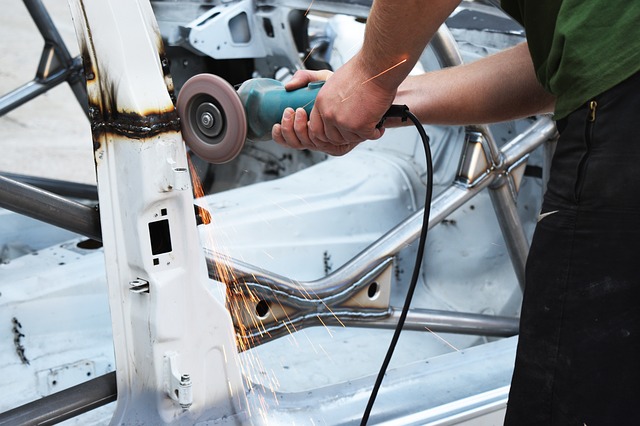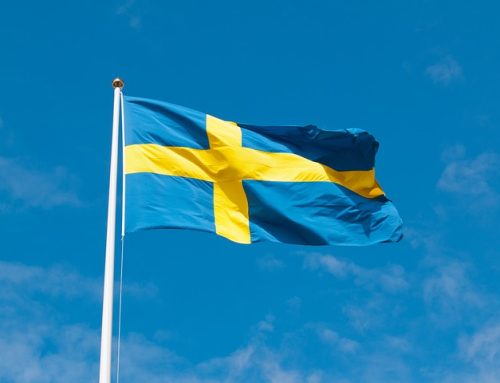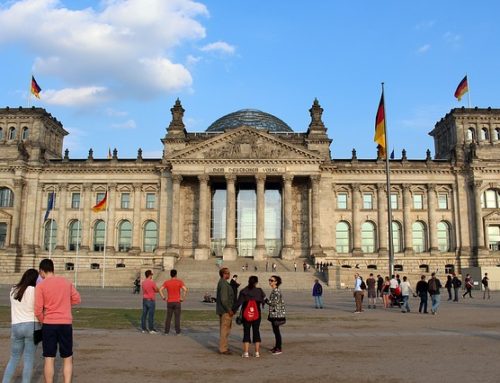03.09.2020
ICI Turkish Manufacturing PMI August 2020 Report and Turkish Sectoral PMI Report Were Announced
The results of Istanbul Chamber of Industry Turkey Manufacturing PMI survey (Purchasing Managers Index), the fastest and most reliable reference for the manufacturing industry’s performance that is the leading indicator of economic growth were announced for the term of August realized as 54.3. Following the sharp fluctuation resulted from the Covid-19 pandemic, the Turkish manufacturing sector demonstrated a strong performance for three months in a row. In this period, new export orders also increased, however they were slower than the total new orders.
According to Istanbul Chamber of Industry Turkey Manufacturing PMI August data, great majority of the manufacturing industries remained in the recovery zone in August, but trends across different lines of business put forward obvious separations. Eight of ten sectors followed recorded a production increase in August. The highest increase was realized in the land and sea vehicles sector that experienced a record growth due to improved demand conditions. Production in both the food products and clothing and leather goods sectors moved to the growth zone once again.
The results of Istanbul Chamber of Industry Turkey Manufacturing PMI survey (Purchasing Managers Index), the fastest and most reliable reference for the manufacturing industry’s performance that is the leading indicator of economic growth were announced for the term of July 2020. Based on the survey results where all figures measured over 50,0, the threshold value point out to sectoral improvement, PMI which was measured as 56,9 in July increased to 54,3 in August. On the other hand, the index which is clearly above 50,0 that is the threshold value pointed out to a strong improvement in operation conditions on monthly basis. Following the sharp fluctuation resulted from the Covid-19 pandemic, the Turkish manufacturing sector demonstrated a strong performance for three months in a row.
In the past months, customer demand has improved since the Covid-19 restrictions were loosened. This tendency maintained its existence in Auguest as well and one of the highest increases of the last two and half years was realized in the new orders. In this period, new export orders also increased, however they were slower than the total new orders.
Expansion in production volume moved the current growth trend to the third month. Increase in the production volume realized in the highest speed of the last nine years and then lost its speed slightly; however, it protected its strong progress. The increase in the production requirements enabled the employment to increase for three months in a row and this speed maintained its existence in August as well. Despite of the sharp increase in the new orders, expansion in operational capacity enabled companies to continue working on their current business. Therefore, accumulated works proceeded horizontally following the increase observed in July. Growth in new orders encouraged firms to increase employment and purchasing activities. On the other hand, the increase in input stocks was very slight since they were used to directly support the increase in the production. The depreciation in the currency resulted in a sharp and accelerated increase in input costs during the month. Inflation rate increased to the highest level since October 2018. Accordingly,the firms realized the highest increase of the last 23 months in sales prices.
Andrew Harker, Economy Director of IHS Markit who evaluated the Istanbul Chamber of Industry Turkish Manufacturing PMI Data expressed that: “Turkish manufacturers could largely maintain the strong growth pace observed in the previous month in August as well. The recent PMI data showed that the industry continued to recover after the production deceleration in the crisis of Covid-19. Firms continued to create jobs in August, which help maintain the production growth. On the other hand, the signals of increasing inflationary pressures drew attention. The sharpest increase of the last two years was realized in both input costs and product prices.”
Most of the sectors remained in recovery zone
According to Istanbul Chamber of Industry Turkey Manufacturing PMI August data, great majority of the manufacturing industries remained in the recovery zone in August, but trends across different lines of business put forward obvious separations. Several sectors continued to have difficulties depending on the ongoing impacts of Covid-19 pandemic; however, they got close to the balancing point.
Eight of ten sectors followed recorded a production increase in August. The highest increase was realized in the land and sea vehicles sector that experienced a record growth due to improved demand conditions. Production in both the food products and clothing and leather goods sectors moved to the growth zone once again. The two sectors where production decreased in the middle of the third quarter were wood and paper products and non-metallic mineral products. While new orders increased in the six of the ten sectors, the strongest increase experienced in the base metal sector. On the other hand, impact of Covid-19 on international demand maintained its existence and in the half of the sectors, new export orders decreased. Efforts to support growth in production resulted in increase in employment as widely overall. While weaknesses in the currency resulted in a sharp increase in input costs in all sectors followed, input price inflation increased in nine of the 10 sectors. This increase was realized in the highest rate since the late-2018 in most of the sectors. End product prices increased in all 10 industries for the first time in more than a year.
Source: Data of Istanbul Chamber of Industry
Legal Notice: The information in this article is intended for information purposes only. It is not intended for professional information purposes specific to a person or an institution. Every institution has different requirements because of its own circumstances even though they bear a resemblance to each other. Consequently, it is your interest to consult on an expert before taking a decision based on information stated in this article and putting into practice. Neither Karen Audit nor related person or institutions are not responsible for any damages or losses that might occur in consequence of the use of the information in this article by private or formal, real or legal person and institutions.






